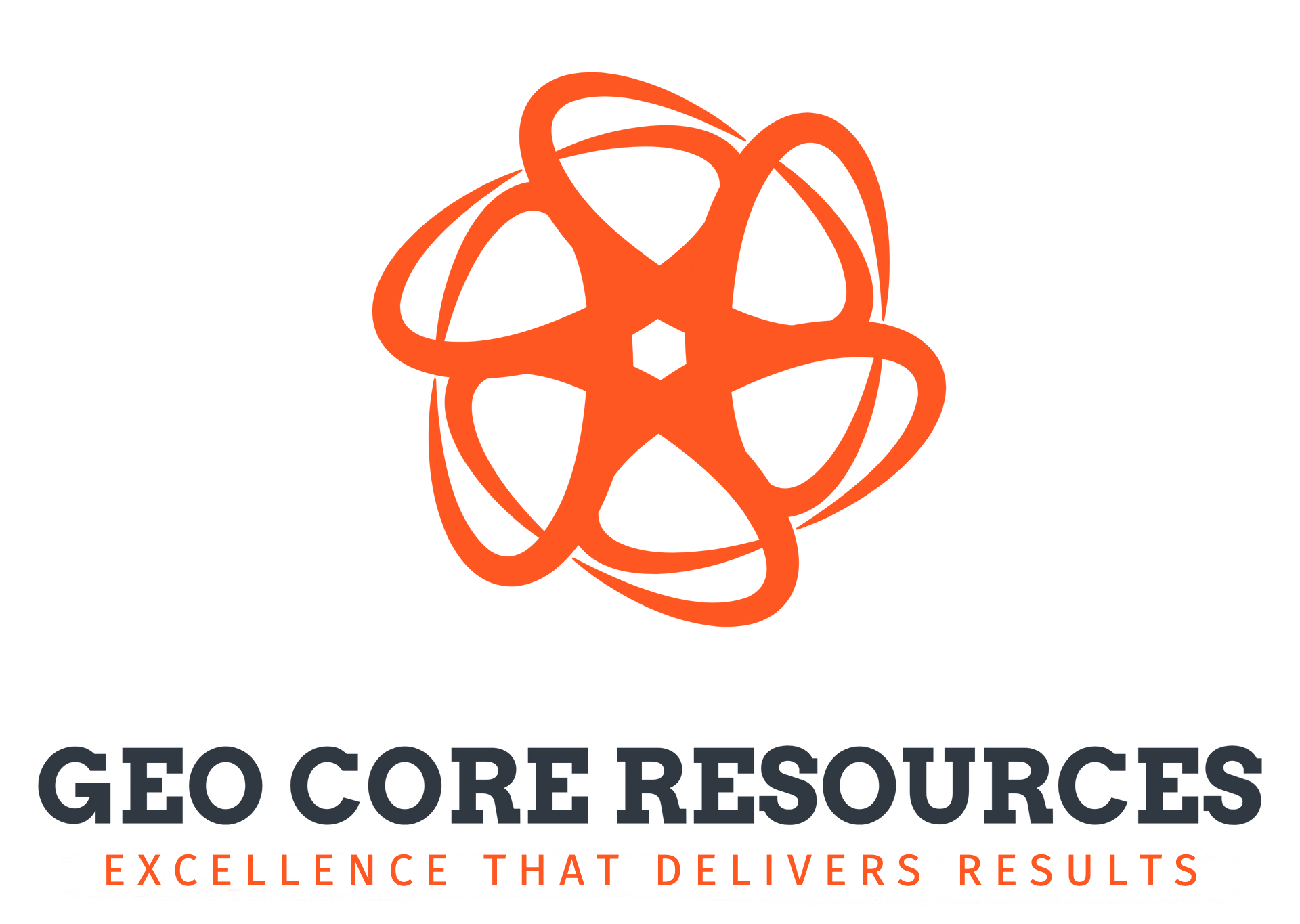The Importance of Data Validation in Geological Projects
Data validation is an essential aspect of any geological project, as it ensures the accuracy, completeness, and consistency of the data used in the project. Without proper validation, the results of the project can be unreliable and decisions made based on that data could be incorrect. In this blog post, we will discuss the importance of data validation in geological projects and the methods used to validate data.
Data validation is the process of verifying the accuracy, completeness and consistency of the data used in a project. This includes cross-checking with other sources, inspecting the data for outliers and inconsistencies, and ensuring that the data meets industry standards. Data validation is crucial for making informed decisions and ensuring the reliability of the results.
In geological projects, data validation is especially important because of the complexity of the data and the potential consequences of errors. Geological data can be collected from a variety of sources, including drilling and sampling data, geological maps, and remote sensing data. Each source of data has its own unique challenges and potential errors. Drilling and sampling data, for example, can be affected by drilling conditions, while remote sensing data can be affected by atmospheric conditions.
One of the most common methods used to validate geological data is Data Quality Control (DQC). DQC procedures are used to check the quality of data and ensure that it meets industry standards. This includes reviewing data for errors and inconsistencies, and comparing data with other sources to identify any discrepancies.
Another method used in data validation is Data Quality Assurance (DQA). DQA procedures are used to ensure that data is collected, processed, and reported in compliance with industry standards and regulations. This includes developing and implementing standard operating procedures and quality control plans.
Data auditing is also used as a method for validating data. Data audits are conducted to evaluate the quality and accuracy of data used in a project. This includes reviewing data collection and processing procedures, and inspecting data for errors and inconsistencies.
In conclusion, data validation is a crucial aspect of any geological project. It ensures the accuracy, completeness, and consistency of the data used in the project, which is crucial for making informed decisions and ensuring the reliability of the results. DQC, DQA, and data auditing are some of the most common methods used to validate geological data. At Geo Core Resources, we understand the importance of data validation and use various methods to ensure the reliability and consistency of the data used in our projects.


